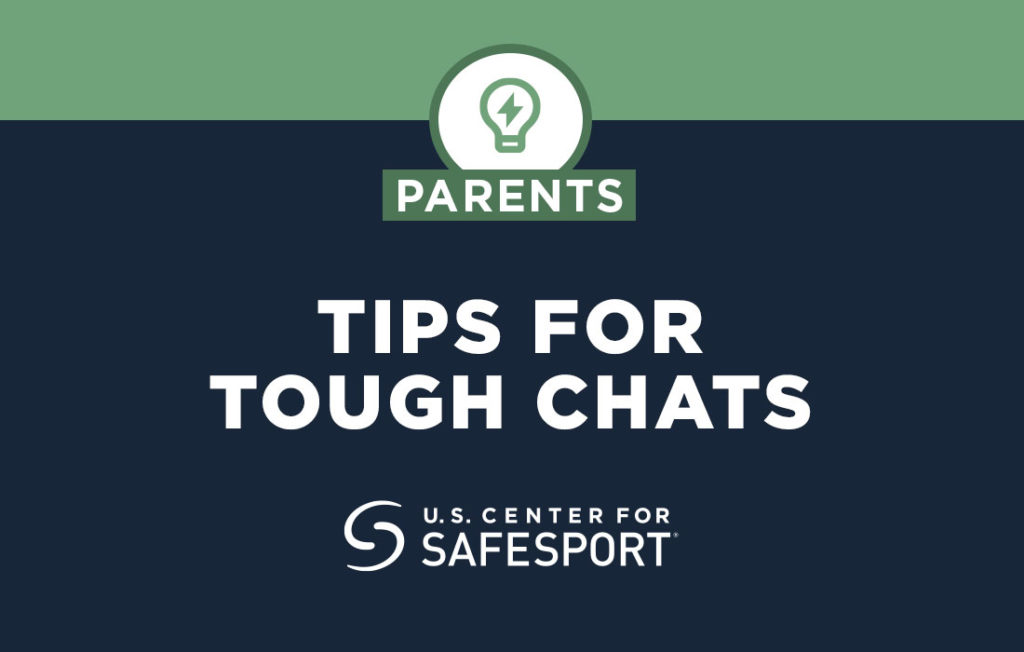These tips and more are found in the U.S. Center for SafeSport’s Parent Toolkit, whose guidance and resources for parents and caregivers on preventing, recognizing, and responding to abuse and misconduct is tailored for each youth age group, from preschool to high school.
If your child tells you about inappropriate behavior they’ve been subject to, know the policies for reporting abuse and misconduct in your child’s school or organization, and report your concerns appropriately. If the organization is affiliated with the U.S. Olympic and Paralympic Movement, you can report through the Center’s Report a Concern page or 1-833-5US-SAFE.


